By Mustapha Ridwan Olamilekan
Introduction
The persistent collapse of Nigeria’s national grid has become a recurring source of frustration for both citizens and businesses, despite the nation’s abundance of natural resources. Frequent blackouts raise concerns about whether these failures are solely due to technical inefficiencies or if deeper issues like corruption and mismanagement—what some call “national greed”—are at play. On October 19, 2024, the Transmission Company of Nigeria (TCN) confirmed another nationwide blackout, caused by an explosion at the Jebba Transmission Substation.

Though power was quickly restored, this was the third collapse in a week and the eighth in 2024, heightening concerns about the grid’s stability and its impact on the economy. From an Islamic ethical perspective, such failures highlight a breach of the principle of Maslahah (public interest).
Leadership in Islam is considered a trust (amanah), with leaders accountable for the well-being of society. The ongoing grid failures symbolize a neglect of public interest, reflecting greed and poor management. Addressing these challenges requires leadership committed to accountability, justice, and public service.
The State of the National Grid
As Zayyad (2024) aptly noted, many Nigerians are unfamiliar with the technicalities of the national grid, an interconnected system designed to deliver electricity from producers to consumers.
The grid includes generation stations, high-voltage transmission lines, and distribution systems that reduce voltage for homes and businesses. Unfortunately, the term “national grid” in Nigeria is increasingly synonymous with its frequent collapses, a reflection of the broader challenges plaguing the electricity sector.
Thus, the recurring failures raise critical questions: Why does Nigeria’s grid frequently fail, and can this cycle of disruption be stopped? While many Nigerians have grown accustomed to these collapses, such conditions are not inevitable.
Other countries have developed reliable and efficient electricity systems that provide consistent power. Nigeria’s persistent grid failures, exacerbated by inadequate infrastructure, lack of maintenance, corruption, and mismanagement, are symptoms of a deeper problem—a failure to prioritize Maslahah.
The solution lies in addressing both technical and ethical dimensions of the crisis. Investment in infrastructure is necessary, but it must be done transparently, with the public interest at the forefront.
By learning from global best practices and tailoring solutions to Nigeria’s unique challenges, such as geographic diversity and energy demands, the country can build a more resilient energy sector.
A long-term vision, including renewable energy, infrastructure upgrades, and a skilled workforce, is essential for ensuring reliable power and fulfilling the ethical duty of serving public interest.
He advocates decentralizing the grid through regional or state-based systems to reduce the impact of national grid failures. The 2023 Electricity Act, signed by President Bola Tinubu, enables subnational governments to participate in electricity generation, transmission, and distribution, which could prevent nationwide blackouts. However, without significant investment and reform, these collapses will likely continue.
Maslahah, National Greed, and the Grid: An Islamic Ethical Lens
In Islamic law, Maslahah refers to public interest—actions and policies that bring benefit and prevent harm. It is closely related to the Maqasid al-Shariah (objectives of Shariah), which aim to preserve five essential values: religion, life, intellect, lineage, and property. Maslahah is categorized into three levels:
Ḍarūriyyāt (Essentials): Critical for survival, such as religion, life, and property.
Ḥajiyyāt (Complementary needs): These prevent hardship and improve quality of life but are not essential for survival.
Taḥsīniyyāt (Embellishments): These relate to moral and social improvements, like cleanliness and good conduct.
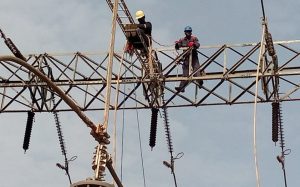
Technically, Maslahah applies when no explicit rulings exist in the Quran or Sunnah, allowing considerations that ensure the public good.
Scholars like Al-Ghazali and Ibn Ashur emphasized its role in maintaining societal welfare, balancing benefits and harms. Neglecting Maslahah results in societal disruption, as the public interest is essential for stability and justice.
In Nigeria, the frequent grid collapses reflect both technical and political failures, representing a clear disregard for Maslahah (public interest).
The technical issues, such as outdated infrastructure, weak protection systems, and poor maintenance, overwhelm the grid’s capacity to meet growing consumer demand, as noted by Isaac et al. (2012).
Politically, successive governments have mismanaged the power sector, allowing corruption and greed to take precedence over national development. This culture of neglect has left the grid fragile and unreliable, harming the public and violating Islamic principles of governance and trust.
Together, these technical and political shortcomings underscore a failure to uphold the public good, further destabilizing Nigeria’s energy sector.
From an Islamic perspective, failing to maintain critical infrastructure, leading to widespread suffering, violates the principle of Amanah (trust).
Leaders are entrusted with the well-being of their communities, and providing essential services like electricity is part of this duty. The Quran emphasizes justice and trustworthiness in leadership:
Indeed, Allah commands you to render trusts to whom they are due and when you judge between people, to judge with justice (Quran 4:58).
As such, with the incessant collapse of National grid, Nigerian leaders have failed to fulfill their trust, deepening economic and social hardships.
Islam promotes sustainable development and responsible resource management, aligning with Maslahah, which prioritizes public welfare.
Conclusion
Nigeria’s persistent grid failures highlight a deeper problem rooted in corruption and greed, with leaders neglecting public interest in favor of personal gain. The frequent collapses not only disrupt lives and businesses but also erode public trust in governance.
Stable electricity is vital for national progress and well-being, and it is a key factor in rebuilding that trust. For Nigeria to overcome this crisis, leaders must prioritize Maslahah—the public interest. By decentralizing the power grid, investing in infrastructure, and embracing ethical governance, the country can create a sustainable energy sector that serves the needs of all citizens.
In doing so, Nigeria can fulfill its moral obligation to ensure the welfare of the public and promote justice and stability, in accordance with Islamic principles.








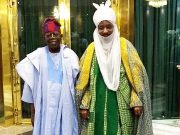



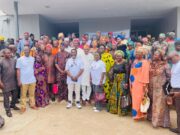
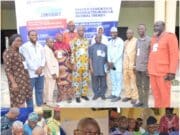





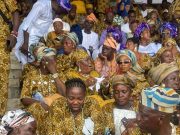

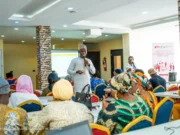
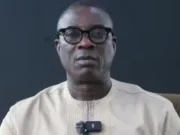







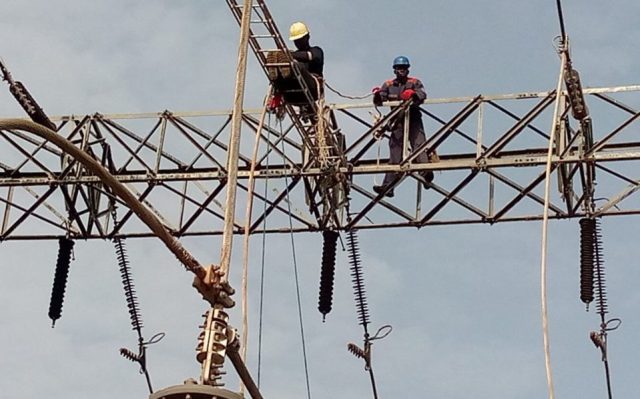


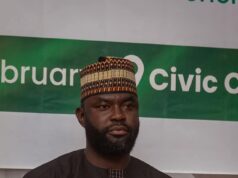
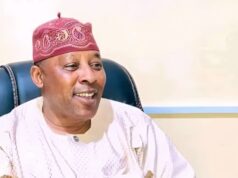



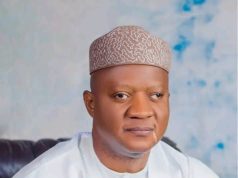


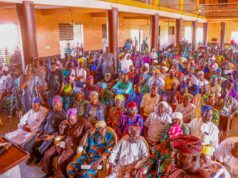



[…] National Grid and National Greed: Addressing the Crisis through the Principles of Maslahah (Public I… […]